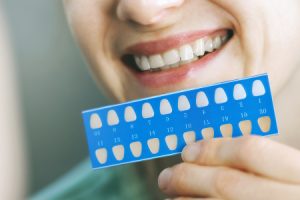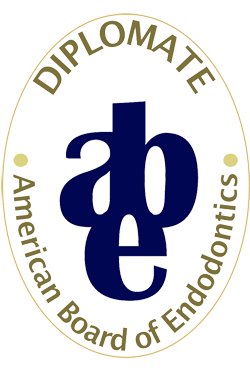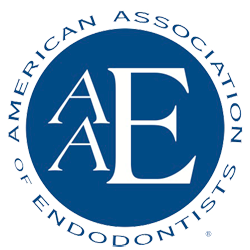 Most people are familiar with teeth whitening, a quick and convenient method to lighten the color of teeth and improve their appearance. However, a less well-known whitening procedure (used only in particular circumstances) is called internal bleaching, or internal whitening.
Most people are familiar with teeth whitening, a quick and convenient method to lighten the color of teeth and improve their appearance. However, a less well-known whitening procedure (used only in particular circumstances) is called internal bleaching, or internal whitening.
When is Internal Whitening Used?
Internal whitening is just for a single tooth, typically one that has experienced trauma or needs a root canal. The tooth root dies, causing the discoloration to come from within the tooth. Because the problem is on the inside, no amount of brushing or external whitening will change the appearance. In these instances, we use internal whitening.
How does it work?
First, we make a small hole to access the interior of the tooth in question. Then we insert a small amount of whitening solution and seal it up temporarily, typically for 2 to 3 days. At the follow-up appointment, we remove the whitening solution and reseal the tooth. This process typically has very favorable results in a single treatment; however, we can always perform retreatment if discoloration returns or continues.
Compared to the alternatives, internal whitening is a conservative approach. Other possible treatments involve hiding the tooth, rather than treating the cause of the stain and discoloration itself. These may include a porcelain dental crown or a porcelain veneer. A porcelain crown covers the entire tooth, while a porcelain veneer covers just the forward-facing, visible portion. Both of these options, while effective, require some removal of the natural tooth structure to make room for the restoration. Internal bleaching has the advantage of preserving your natural tooth. That’s why it is the preferred method for structurally sound teeth with internal staining.





Comments are closed.